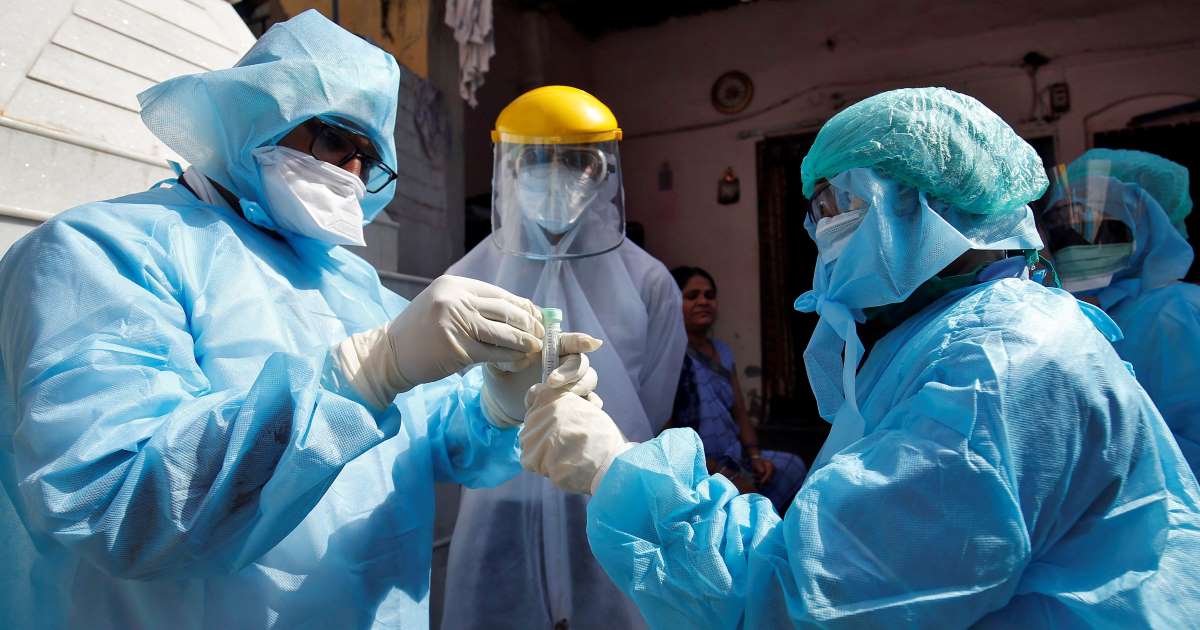COVID-19 Delta Variant 40-60 Per Cent More Transmissible Than Alpha, Says Expert

New Delhi: The COVID-19 Delta variant, which first emerged in Maharashtra and travelled northwards along with the western states of the country before entering the central and the eastern states, is around 40-60 per cent more transmissible than Alpha Variant.
“B.1.617.2, a variant of COVID-19 is known as the Delta variant. It was first identified in October 2020 in India, and was primarily responsible for the second wave in the country, today accounting for over 80 per cent of new COVID-19 cases. It is around 40-60 per cent more transmissible than its predecessor (Alpha variant) and has already spread to more than 80 countries, including the UK, the USA, Singapore, and so on,” said Dr NK Arora, head of the National Expert Group on Vaccine Administration and Co-Chair of Indian SARS-CoV-2 Genomics Consortium (INSACOG), ZeeNews reported.
Delta’s mutation
“It has mutations in its spike protein, which helps it bind to the ACE2 receptors present on the surface of the cells more firmly, making it more transmissible and capable of evading the body’s immunity.”
Faster replication
Dr Arora also expressed his concern over the severity of the variant and said that it replicates faster and leads to a strong inflammatory response in organs.
“There are studies that show that there are some mutations in this variant that promote syncytium formation. Besides, on invading a human cell, it replicates faster. It leads to a strong inflammatory response in organs like the lungs. However, it is difficult to say that disease due to delta variant is more severe. The age profile and the deaths during the second wave in India were quite similar to that seen during the first wave,” he was quoted as saying.
Delta vs. Delta Plus
The Delta Plus variant, AY.1 and AY.2 has so far been detected in 55-60 cases across 11 states, including Maharashtra, Tamil Nadu, and Madhya Pradesh.
“AY.1 is also found in countries like Nepal, Portugal, Switzerland, Poland, Japan but AY.2 is less prevalent. The variant is still being studied for its transmissibility, virulence, and vaccine escape characteristics,” he said.
How effective are vaccines against Delta?
Dr Arora said the current vaccines are effective against Delta Variant as per the studies undertaken by the Indian Council of Medical Research.
Another wave?
About the possibility of future waves, Dr Arora said, “The cases may go up if a new, more infectious variant comes. In other words, next wave will be driven by a virus variant to which a significant proportion of the population is susceptible.”
The second wave is still going on. Any future waves will be controlled and delayed if more and more people get vaccinated and most importantly, people follow COVID-Appropriate Behaviour effectively, especially till a substantial part of our population gets vaccinated,” he was quoted as saying.

Comments are closed.